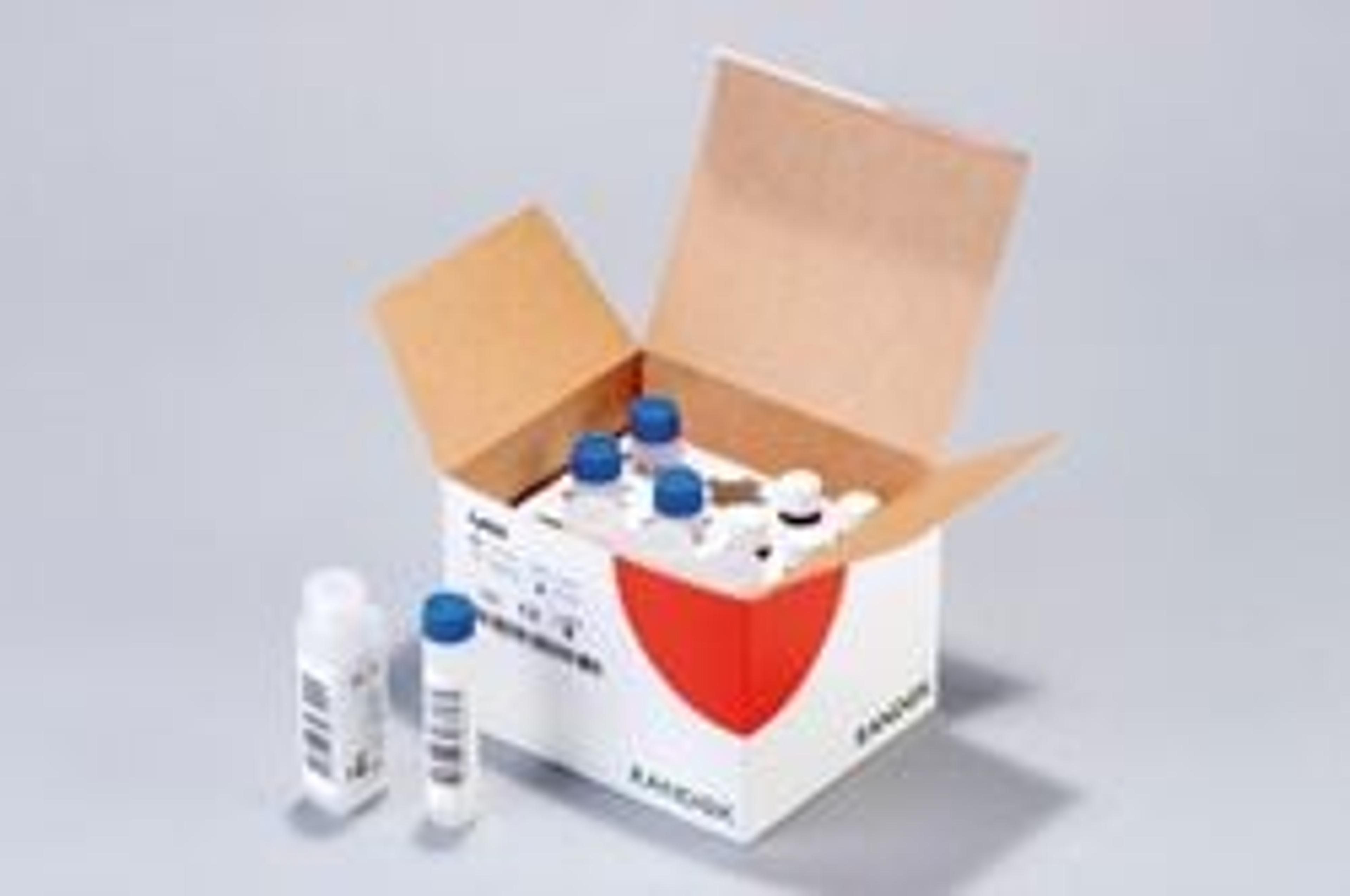Professor Marcovina Stresses Need for Standardization in Lp(a) Testing in Speech to AACC Randox Seminar
30 Jul 2013
Global diagnostics company Randox Laboratories has hosted a workshop at the American Association for Clinical Chemistry meeting in Houston, TX titled ‘Lp(a) 50th Anniversary: Clinical Significance and Assay Evaluation’. Speaking at the event was Professor Santica Marcovina PhD, ScD, Research Professor of Medicine Director, Northwest Lipid Metabolism and Diabetes Research Laboratories, University of Washington.
During the workshop, Professor Marcovina highlighted the clinical usefulness of determining Lp(a) levels as a risk factor for coronary artery disease and the need to implement the standardization of the different methods to reduce the large among-laboratories variability of results.
“Lp(a) is characterized by the presence of multiple copies of kringle 4 type 2 domain. These multiple repeats generate different isoforms of apo(a) in different individuals.
This size polymorphism greatly impacts the accuracy of Lp(a) values obtained by different methods. It’s therefore essential to evaluate the different diagnostic approaches for their ability to produce Lp(a) values that are minimally affected by the apo(a) size variation”
“One approach that has been demonstrated to be effective in minimizing the impact of apo(a) size variability on Lp(a) results is the use of use of multiple, independent standards to calibrate the assays.” Randox offers a 5 point calibrator. Each calibrator is independent and represents the Lp(a) range from low to high with different apo(a) isoforms. By having accuracy based target values assigned to each calibrator, the Randox assays are minimizing the differences between the sizes of apo(a) in the sample and the calibrator.
Randox and Professor Marcovina believe that this approach will greatly improve the accuracy of results and the comparability of values produced by different laboratories.
Randox Global Manufacturing Manager Dr John Campbell said after the event,
“Randox in collaboration with Professor Marcovina of the Northwest Lipid Metabolism and Diabetes Research Laboratories is certifying their reagents and calibrators for all the major instruments. The calibrator is also manufactured from selected donors so each of the five levels also have repeat sequences similar to the patient. This effectively minimizes the difference between the size of apo(a)in the patient samples and the calibrator.
“Over recent years Randox has achieved considerable success with the Lp(a) kit , particularly in large leading laboratories throughout the USA and we hope to build on this success even further.”

